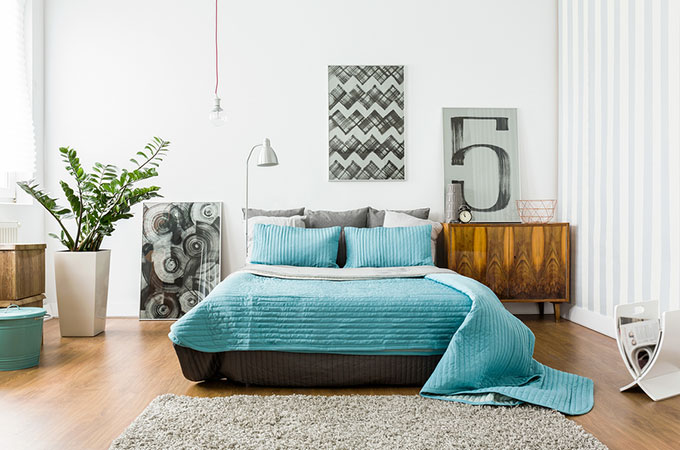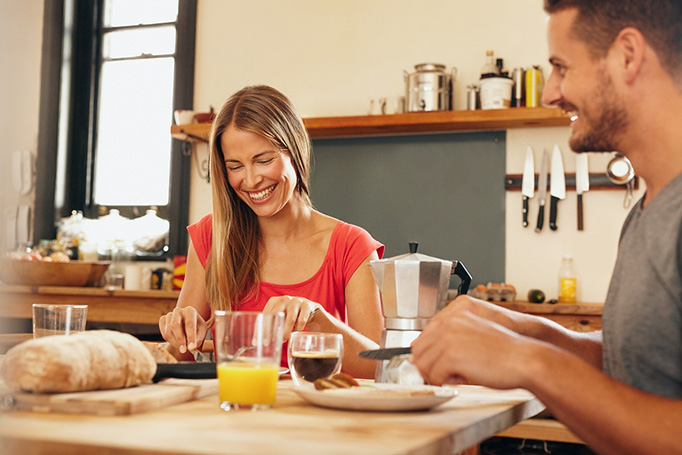
How does Airbnb affect your tax return?
Here’s your guide to everything you need to know about Airbnb tax
On a non-business level, Airbnb offers a great opportunity to earn some extra cash by renting out that spare room, or a holiday home that would be quiet for much of the year. However, Airbnb hosts may not realise the Airbnb tax rules and benefits come tax time, so let’s look at those.
Extra income means extra taxes to pay at year-end
When you add a new source of income like Airbnb, don’t just treat that income as spending money. Earning more money means the ATO will charge you more tax!
Why not spend all your Airbnb income? Well, put simply, earning that extra income means more tax to pay at the end of the year. It is important to save some of what you earn through Airbnb so you can pay the ATO at tax time.
Airbnb taxes – how much will you pay?
In the first year when you top-up your income with untaxed earnings from Airbnb and other types of ‘side businesses’, you might need to put aside as much as 30 or 40 per cent of your Airbnb earnings for tax! The actual amount depends on the total income you earn though, and the amount of tax deducted from your other income sources. Your tax agent can help you predict the right amount you should save for your Airbnb taxes.

“Re-renting” a rented property on Airbnb
According to Victoria’s Department of Consumer Affairs, if you rent your property from someone else, you need written consent from your landlord if you want to list it (or part of it) on Airbnb.
When you rent out a room through Airbnb, you’re technically offering a short term sub-let agreement, which in some states requires a tenancy agreement. A confusing aspect of Airbnb is that regulations are still being made and can differ from state to state. Consider the risks involved before listing your property, or talk to your landlord or real estate agency first.
You’ll also need to check your rental agreement or lease plus Body Corporate laws if you live in an apartment complex. This is serious stuff – don’t just ignore it or try to be sneaky by re-renting property on Airbnb; you could get into a lot of trouble!
Airbnb and Capital Gains Tax (CGT)
Capital Gains Tax (CGT) is payable when you sell a rental home. This can be a hefty tax bill.
CGT is usually not payable on your family home. HOWEVER, if you rent out your family home (or a part of it), even just a room on Airbnb, suddenly your family home is viewed differently by the ATO. When you sell it, you may face an ATO tax bill for CGT.
The income you make from Airbnb will usually outweigh the later effect of CGT, but not always. It’s something you need to consider carefully.
Airbnb tax benefits and deductions
The good news is, renting a room out in your existing property does create some income and tax perks.
You can claim expenses and depreciation for the percentage of the area of your house that was available for rent.
Airbnb tax advantages can include properly-calculated portions of…
- Internet and phone costs
- Water, power and council rates
- Upkeep and repairs
- Depreciation on the cost of furnishings and equipment
- Interest on your mortgage
Those can add up to a decent set of tax deductions for Airbnb hosts.
You’ll need to keep a record of when the room was actually rented in order to correctly claim expenses, but for a regular Airbnb host, it often pays off.
How to report Airbnb income and claim deductions
Keep records for everything to do regarding the room or property… the same as you would for a regular rental property.
At tax time, this record keeping will ensure you claim all the expenses you’re entitled to, which means, you minimise your Airbnb taxes. Make sure to save receipts and keep a note about what they’re for. A good tip is to snap a photo of each receipt, when you get it, so you have an electronic version of everything.
Don’t try to hide your Airbnb income
If you’re using Airbnb, or any other holiday rental app, it’s out there for everyone to see. The ATO can track this income easily, so even if you’re not earning a lot of money, be honest about the income you’ve generated from the property. It’s VERY likely that your unpaid Airbnb tax will come back to bite you if you don’t.
In summary, if you aim to host a room or rent your property:
- understand the tax implications of being an Airbnb host,
- don’t hide or under-claim your Airbnb income; the ATO can spot your Airbnb income from a mile away,
- save your expense receipts and notes, and
- talk to your tax agent (like etax.com.au) about how to properly claim all of your expenses, so you make the most of those Airbnb tax deductions!




